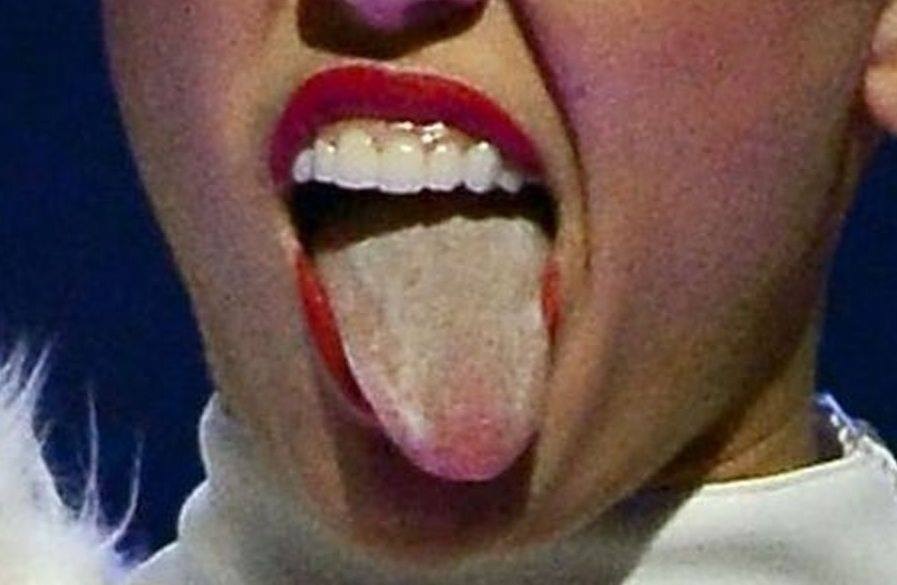The Tongue, Important in Digestion, Taste, And Nice Breath

Your oral health is not just about your teeth and gums.
When discussing oral (mouth) health we normally mention your teeth, gums, and jaw bones. It is not often we focus on your tongue, a collection of muscles working together to manipulate food for chewing and swallowing. In addition to use in digestion, your tongue plays an important role in tasting food and during speech. The upper surface of the tongue houses taste buds that help you with your sense of taste. And finally, the tongue is used in speech as it enables the formation of sounds.
The top of your tongue is normally rough and bumpy. These bumps are called papillae and are known to contain the taste buds used to distinguish the sweet, sour, salty, and bitter foods you consume. Once in contact with the specific taste, the taste buds send messages to your brain, informing it of what you are eating. While large and mobile, the tongue is secured to the floor of your mouth via a membrane called the frenulum. Thanks to this, there is no need to worry; you cannot swallow your tongue; it is safely attached to the bottom of the mouth!
Although strong and with grand purpose, your tongue may also pose certain weaknesses when not properly cared for. Due to its large vast of papillae ( little hairs ) attached to its top side, it has the potential of harboring vast amounts of bacteria. These originate from the normal flora within the mouth and from the foods and drinks you consume. When not removed effectively, and regularly cleansed and brushed, these harboring germs may cause what we all know as "bad breath" or halitosis. This precious muscle should be brushed or scraped ( using a tooth brush or tongue scraper ) daily and ideally after every meal. Oftentimes, your bad breath is a result of a germ infested tongue. As an important member of your mouth it also should be cared for and cleansed on a regular basis.
Your tongue, as any other member of your body's anatomy, can get sick and diseased. I am certain you have read about, heard of, or perhaps even experienced oral (mouth) cancer. Among other origins within the oral cavity, your tongue is quite susceptible to oral cancer, especially when rooted in smoking. Regular and thorough oral cancer screenings should be completed during your initial and periodic dental examinations. Your dentist should be cognizant about the common causes and manifestations of oral cancer. Make certain this issue is discussed and made a priority when visiting your regular dentist and oral health team.
Your tongue may also serve as a first line of defense when your body is reacting to a deficiency or new irritant. Oftentimes, the tongue is quite sensitive to certain foods and consumables. It also may be the first to detect a foul or different taste within the mouth. The appearance of your tongue may also be an indicator about how your mouth or overall systemic health is doing. Pay attention to how it feels, looks, and functions. What you detect may seem unimportant at the time but could serve to inform you of an alteration or change in your health.
As you see, your tongue is more informative and purposeful than you may have thought. Take care of it. Clean it. Handle it with care!
Remember, you may contact us to learn more about this, or other, oral health concepts. We are always excited to assist you in creating, and maintaining, a "Smile You'd Be Proud To Wear...ANYWHERE!"


